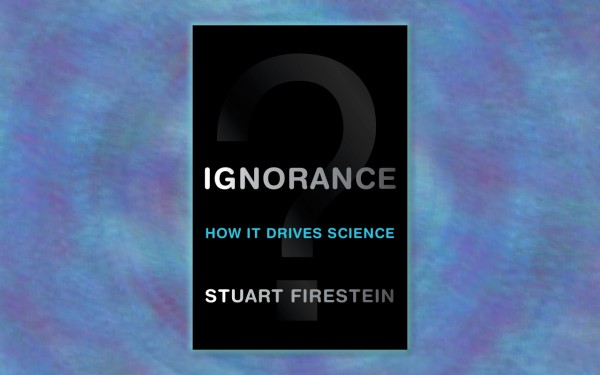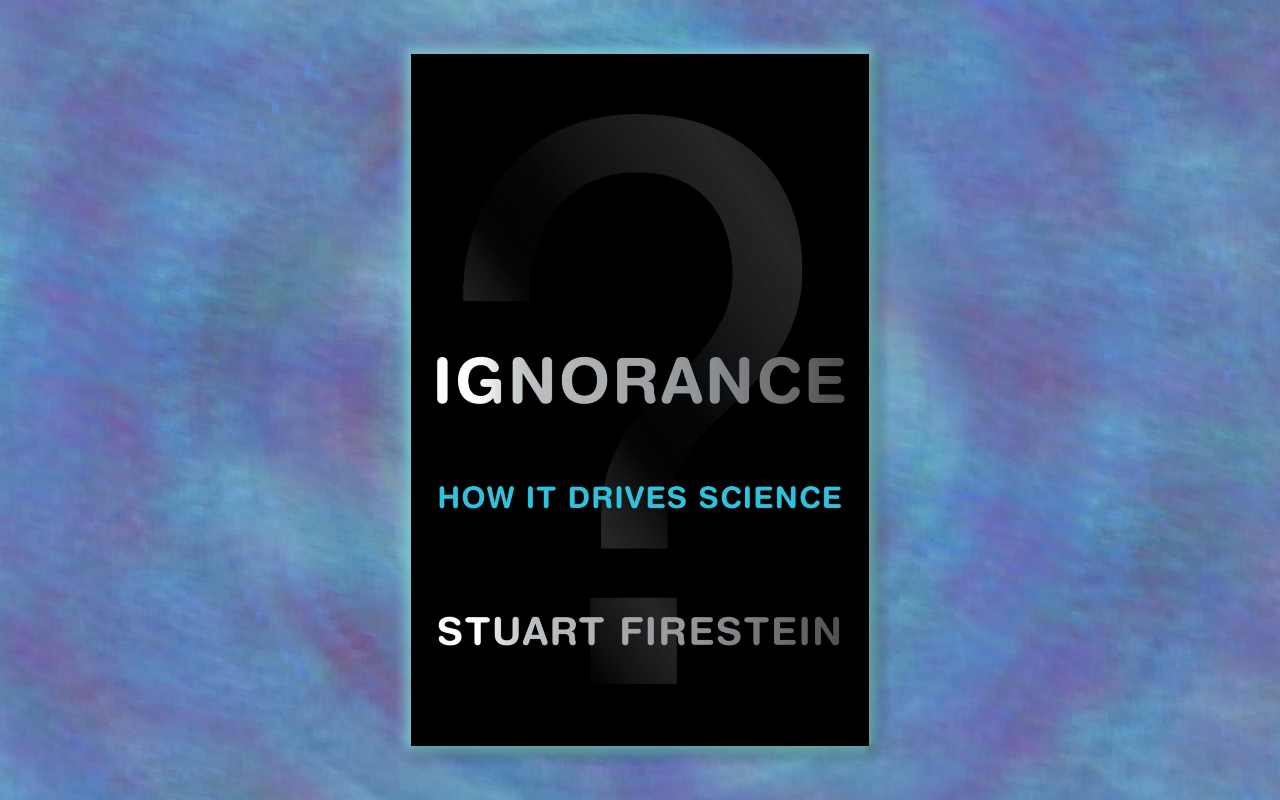 I first read about the titular idea in an essay in Scientific American last year: What Science Wants to Know. I was attracted to what seems to me then an unconventional idea. It was a hilarious read. Early this year, I read about the idea again in C&EN: The importance of Being Ignorant. And that was where I found out about the book. I bought the book immediately.
I first read about the titular idea in an essay in Scientific American last year: What Science Wants to Know. I was attracted to what seems to me then an unconventional idea. It was a hilarious read. Early this year, I read about the idea again in C&EN: The importance of Being Ignorant. And that was where I found out about the book. I bought the book immediately.
Ignorance, the author defines, is what “describes a particular condition of knowledge: the absence of fact, understanding, insight, or clarity about something”. It is not “willful stupidity” or “individual lack of information”. In this sense, the author says that ignorance leads us to ask better questions, which is the first step to knowledge.
The book then expand this basic idea of ignorance into six chapters that elaborate on why questions are more interesting and more important in science than facts, why facts are fundamentally unreliable (based on our cognitive limits), why predictions are useless, and how to assess the quality of questions. The seven chapter give several case studies of how scientists work. It is in this chapter that I learned that Firestein, the author, had been a stage manager and director in theaters for more than 15 years before starting his bachelor in biology at the age of 30. Seemingly against all odds, he made it into grad school and the post doc before becoming a professor of neuroscience at Columbia University at NYC. The book close off with an eighth chapter that touches broader issues on public awareness of science and science education.
According to the author, the book is for non-scientists. but I think it is equally relevant for scientists, maybe even more relevant. It provides a perspective that we normally do not get from day-to-day lab work and serves as a reminder why and how we do science. There are a number of reasons why I like this book so much, the least of which is Firestein’s passion for pithy quotes. I share that passion. Here is a partial list:
- “I would have been briefer if I’d had more time.” – Pascal
- “All models are wrong, but some are useful.” – George Box
- “Thoroughly conscious ignorance is the prelude to every real advance in science.” Maxwell
- “Of what use is a newborn baby?” – Faraday
- Enrico Fermi told his students that an experiment that successfully proves a hypothesis is a measurement; one that doesn’t is a discovery.
- Some of Firestein’s own: ‘It is not so easy to create the condition where you can have perspective and involvement simultaneously”; “Being a scientist requires having faith in uncertainty, finding pleasure in mystery, and learning to cultivate doubt. There is no surer way to screw up an experiment than to be certain of its outcome.”
Aside from a passion for pithy quotes, a more serious reason is that it came at a time when I feel the need to think strategically what I want to do in my scientific career. It provides a distinct perspective from which I can start to answer some of my more urgent and pertinent questions such as how to discipline curiosity, how to deal with maths, how to judge the maturity of a field, where to look for research questions, and how to prepare myself for taking on these questions.
I also resonate with the author’s opinions on the some of the failings on scientific education. A specific symptom, as the author describes, is below:
“Perhaps the most important application of ignorance is in the sphere of education, particularly of scientists. Indeed I first saw the essential value of ignorance through teaching a course that failed to acknowledge it. The glazed-over eyes of students dutifully taking notes and highlighting line after line in a text of nearly 1,500 pages, the desperation to memorize facts for a test, the hand raised in the middle of a lecture to ask only, “Will that be on the exam?” These are all the symptoms of a failing educational strategy.”
Lastly, a piece of advice from Firestein. For my non-science friends, here is what you need to do if you want to get your science friends talk: “So if you meet a scientist, don’t ask her what she knows, ask her what she wants to know. It’s a much better conversation—for both of you.”
